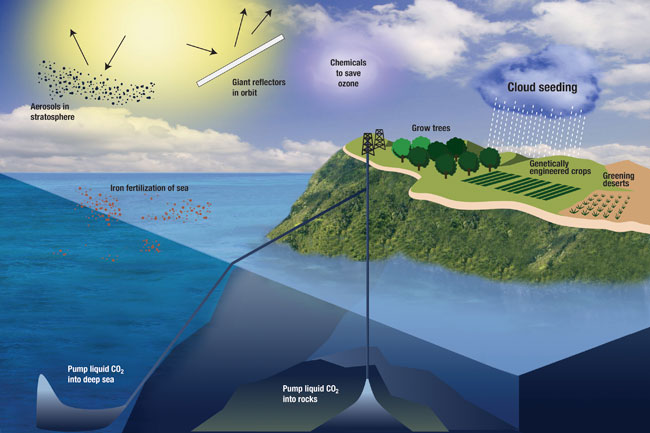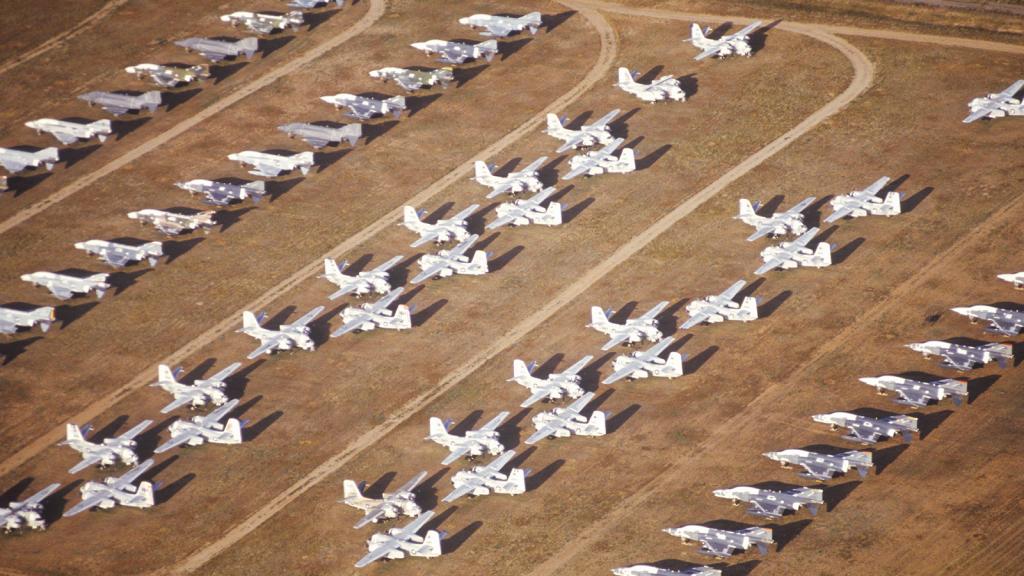Between 2003 and 2007, China burned so much coal that it increased global consumption of the stuff 25 percent. That put so much sulfur into the air that it more or less literally (temporarily) blotted out the sun, masking some of the global warming that otherwise would have occurred during the first decade of the 21st century.
Deliberately putting sulfur into the atmosphere has been proposed as a means of “geoengineering” Earth’s climate, in order to cool the planet temporarily while we figure out a way to get off all these carbon-rich fossil fuels. So, in a way, China’s gigantic exercise in coal burning was an unintentional experiment in geoengineering using atmospheric sulfur. The results are in: it worked. A new paper [PDF] in the journal Proceedings of the National Academy of Sciences says that there is little observed warming of the planet from 1998 to 2008 for a number of reasons, but an important one is that all that sulfur helped cool the planet.
Sulfur doesn't stay in the atmosphere long — on the order of months — but the carbon dioxide from all that coal we burned has a half life of centuries. This means we're now in for a double whammy: our industrial pollution is actually hiding some of the global warming that's already occurring, plus pumping out greenhouse gases that will keep warming worsening for decades to come. Think of it like getting punched repeatedly in the face, but taking an aspirin every time. It’ll make the bleeding worse, but at least you won’t feel it right away!



